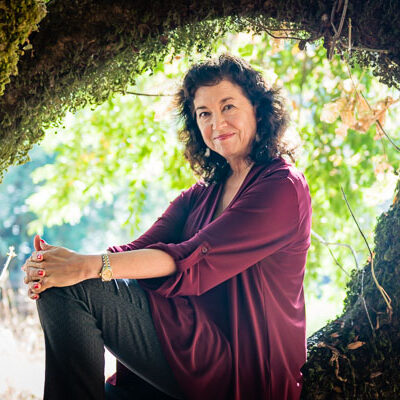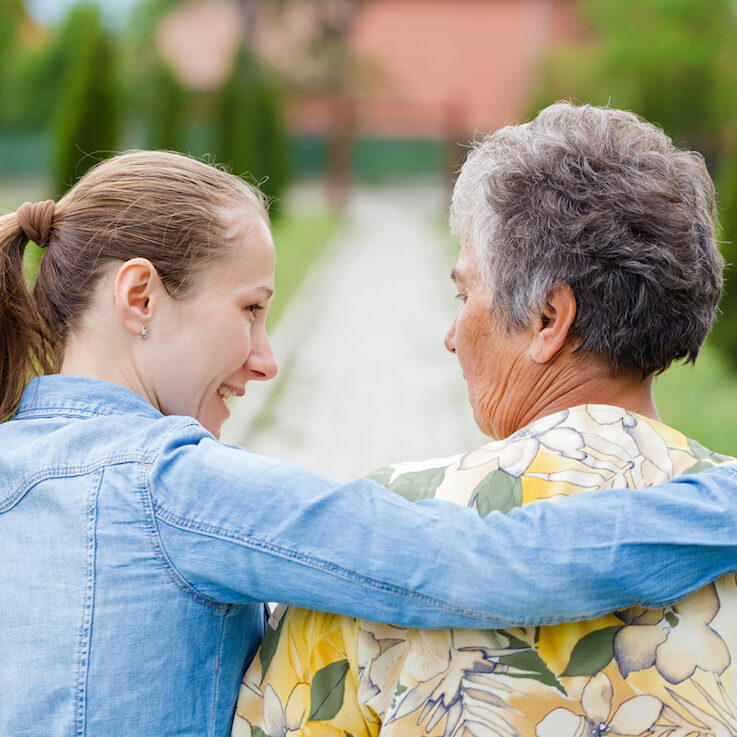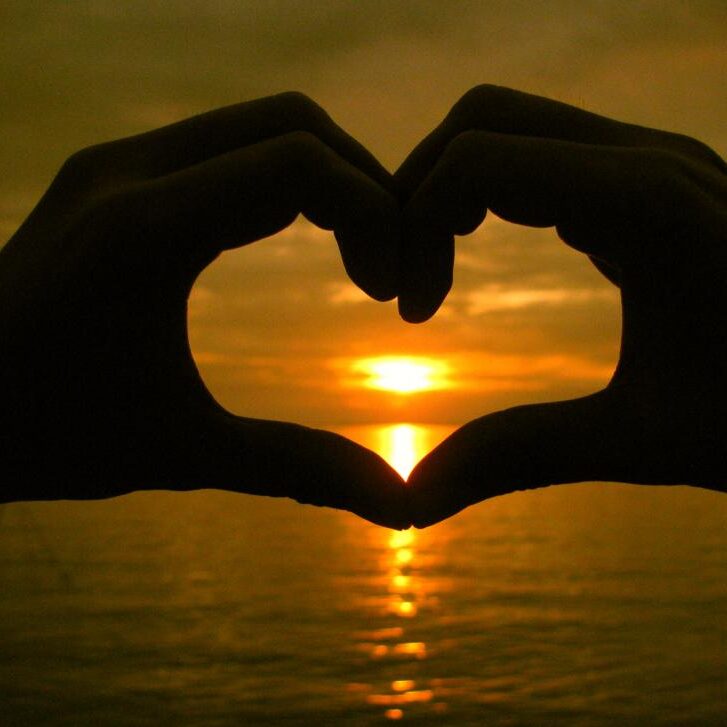
I made my entrance into the world of non-professional, unpaid family caregiving when my mom was diagnosed with Stage 4 lung cancer. Up to then, she'd been healthy (with no need for meds), living independently, and enjoying her retirement.
As for me, I was a hard-driving businesswoman, advising multinationals on their marketing strategies, primarily for the Japanese market. My domain was research, planning, business development … not healthcare (except from a marketing viewpoint!).
Little did I know the havoc that was about to be wreaked on my life.
Being in market research, I dislike it when I become a statistic - but that's exactly what happened. I (and my sisters) all suffered negative impacts - emotional stress, financial strain, and even physical health problems due to the pressures of caregiving. My work and business also paid a price.
There’s something riveting about a life sentence ...
... Mom was given 1.5 years. It sounds like a long time until it’s all you have.
At first, we all rallied together as a family - my mom, my two younger sisters and I - and we got through the first 12 months doing things we knew Mom wanted to do (visiting the nearby Blue Ridge Mountains, driving further for a beach trip to Isle of Palms, having long overdue family and friend gatherings, etc.), while she struggled through two rounds of chemotherapy.
It was hard, but there were three of us (one living nearby), and we were able to give Mom all the support she needed. At this point, we had most of the skills we needed to deal with the demands of caregiving, just by being naturally caring human beings and daughters.
But the last 6 months – that's a whole other story.


After the first year, both of my sisters’ family/medical leave had run out, and we were starting to feel an absence of options. Mom wanted to “die at home,” and we wanted to help her to do that. But how? In the end, I was the only one with the flexibility to work from home – and it was clear that Mom needed someone living with her to help her and make sure everything was safe and comfortable.
So I moved back to Mom’s in South Carolina from Tokyo, where I’d been living and working for 24 years, and ran my business from the dining table where we’d all eaten when I was in the 3rd grade.
It was the hardest 6 months of my life.
I know after hearing hundreds of caregiving stories and scenarios that our situation was about as good as it gets.
- We had a good plan; in fact my mom had made us talk about it long before she ever got cancer. Once she was diagnosed, she had upped the ante on making sure all plans were in place, and that I, as the eldest daughter, knew where everything was and exactly what to do with it.
- Mom was well prepared with her insurance coverage, including “long-term healthcare,” which allowed us the advantage of being able to hire professional support (Certified Nursing Assistant or CNA) to help us during the last 6 months.
- The duration of Mom’s need for caregiving was 1.5 years, less than half that of the national average.
- There were three of us siblings – and my middle sister is actually a respiratory therapist, so she was able to serve an important role in helping us all get up to speed.
- We three got along and did not implode. We have always been close, but the caregiving situation can be very challenging, and old wounds from childhood – with both siblings AND parents – tend to come on out.

But I’m going to say it again – IT WAS HARD!
We had some really wonderful times, and we absolutely made the most of Mom’s remaining time.
We closed out a few old wounds and conversations – but some bitternesses remain, even now. Maybe they weren’t meant to be fixed, but I find myself still dealing with them! And I deeply regret that I personally did not have the skills or tools to try and make more of the situation, while Mom was still alive.
I’ve done quite a bit of work (both during and following Mom’s passing) on having difficult conversations related to death and dying, and how to navigate the space between here and there. I've also spent countless hours interviewing companies about the caregiving landscape, and caregivers at all stages in the journey so I can confidently offer:
Companies a clear way forward in terms of supporting your employees who are also caregiving
Individuals a fighting chance at making your caregiving journey the best it can be ... literally, one step at a time.
